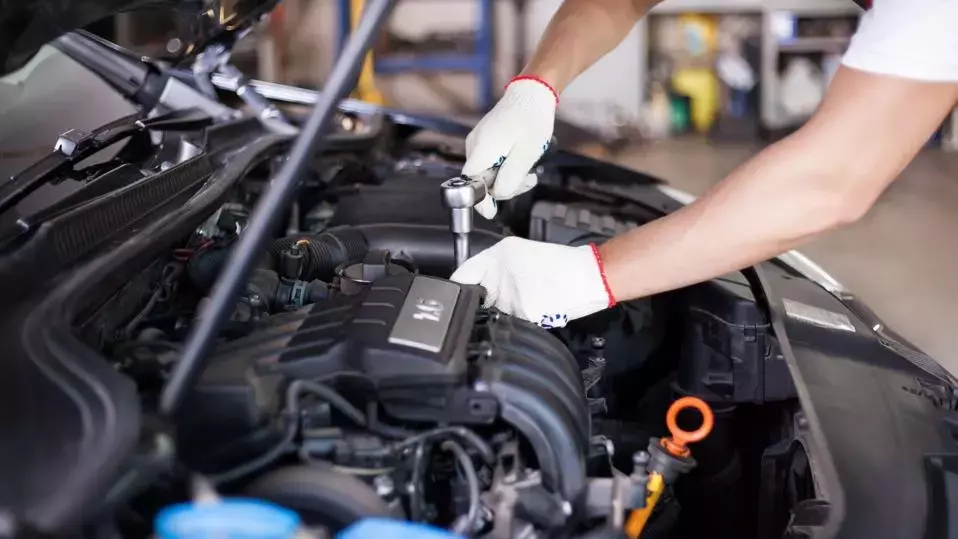Navigating the Automotive Credit Card Landscape: Maximizing Savings and Convenience
When it comes to financing car repairs, many consumers are drawn to the convenience and perceived benefits of credit cards offered by automotive repair chains like Firestone, Midas, and Meineke. However, a closer examination reveals that these cards may not always be the best choice, even when paying for car-related expenses. This article explores the nuances of these specialized credit cards, highlighting their limitations and offering alternative options that may better serve the financial needs of car owners.Uncovering the Hidden Costs of Automotive Credit Cards
Promotional Financing: A Double-Edged Sword
One of the primary selling points of automotive credit cards is their promotional financing offers. These cards often advertise 0% APR or deferred interest periods, but the fine print reveals significant limitations. For instance, the Meineke, Firestone, and Midas credit cards only provide these promotional financing options on purchases over $199, $149, and $199, respectively. Moreover, the promotional periods are typically limited to 6 or 12 months, and the offers are often structured as deferred interest plans. This means that if the balance is not paid in full by the end of the promotional period, the customer will be responsible for all the interest that would have accrued from the original purchase date.In contrast, many general-purpose credit cards on the market offer longer introductory 0% APR periods without any minimum purchase requirements. These cards truly provide 0% interest, meaning that if there is an outstanding balance at the end of the promotion, the customer will only pay interest on the remaining balance, not the entire original amount.Rewards and Perks: Narrowly Focused on Car Repairs
Another aspect of automotive credit cards that may not align with the needs of many consumers is their rewards and perks structure. These cards are primarily designed to incentivize car-related purchases and services, such as oil changes or tire repairs. While these benefits can be valuable for frequent car repair customers, they may not be as useful for those who only need occasional maintenance or repairs.In comparison, general-purpose credit cards often offer a more diverse range of rewards and perks that can be applied to a wider variety of purchases, from travel and dining to everyday expenses. This flexibility allows cardholders to maximize the value of their rewards, regardless of their spending patterns.Loyalty Programs: Leveraging Existing Relationships
It's important to note that many automotive service centers, including those that offer their own credit cards, also have loyalty programs that provide discounts and coupons for regular customers. These loyalty programs can be a more cost-effective way to save on car-related expenses, as they don't require the use of a specialized credit card. Consumers can take advantage of these loyalty programs while still using their preferred credit card, which may offer more valuable rewards or better overall terms.Broader Financial Considerations
When evaluating the suitability of automotive credit cards, it's crucial to consider the broader financial implications. These cards may have higher interest rates, annual fees, or other charges that can offset the perceived benefits. Additionally, opening multiple credit accounts, including those from automotive chains, can impact a consumer's credit utilization ratio and potentially affect their credit score.Exploring Alternative Credit Card Options
For many car owners, general-purpose credit cards may offer a more versatile and cost-effective solution for financing car-related expenses. These cards often provide longer introductory 0% APR periods, more diverse rewards programs, and more favorable overall terms. By carefully comparing the features and benefits of various credit card options, consumers can find the best fit for their financial needs and spending habits.In conclusion, while automotive credit cards may seem like a natural choice for car owners, a deeper examination reveals that they may not always be the most advantageous option. By understanding the limitations and potential drawbacks of these specialized cards, consumers can make informed decisions and explore alternative credit card solutions that better align with their financial goals and car-related spending patterns.

